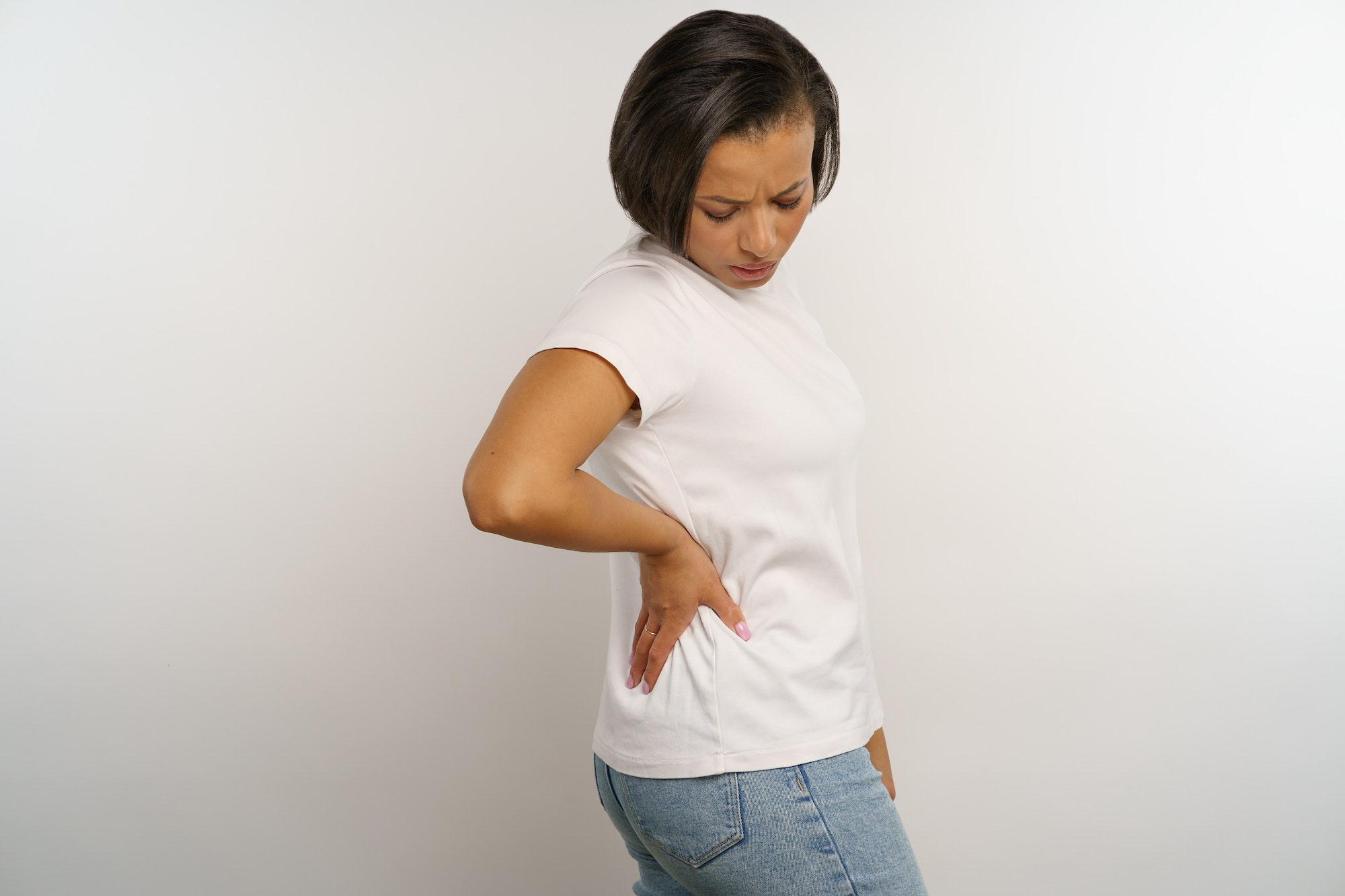What are kidney stones?
Kidney stones are hard deposits, consisting of salts and minerals, that form inside the kidneys. These hard deposits often form when your urine becomes concentrated, allowing minerals to crystallize and stick together. If you recognize that you have a kidney stone early on, it will rarely cause any damage to your body. But if the stones get lodged in your urinary tract, they could cause pain, kidney damage, a urinary infection or other complications. In that case, surgery may be necessary.
If you schedule an appointment at Genesis Healthcare Partners, we can recommend preventive steps to reduce your risk of forming more kidney stones.
What are the symptoms?
- Painful urination
- Red, pink or brown urine
- Back or flank pain
- Nausea and vomiting
- A persistent need to urinate
- Urinating small amounts
- Fever and chills (if you have an infection)
What are the causes?
Kidney stones have no single cause, but there are ways that you can increase your risk. Stones develop when your urine contains more crystal-forming substances (uric acid, calcium, oxalate) than the fluid in your urine can dilute. Your urine may also lack substances that prevent crystals from forming.
There are a few different types of stones, and knowing which type you have can help to prevent future issues. When you pass your stone, bring it in for analysis and we will provide you with steps to take to avoid another one. Your stone may be one of the following:
- Calcium stones, which are the most common. They usually appear in the form of calcium oxalate. Oxalate is produced by your liver and can be found in foods like leafy green vegetables, fruits, chocolate and nuts.
- Uric acid stones, which form in people who either don’t drink enough fluids or lose too much fluid. High-protein diets, shellfish, alcohol, gout and certain genetic factors may also increase your risk.
- Cystine stones, which form in people with cystinuria, a hereditary disorder that causes the kidneys to excrete too much of certain amino acids.
- Struvite stones, which form in response to an infection (e.g. a urinary tract infection). These stones can grow quickly and become very large.



